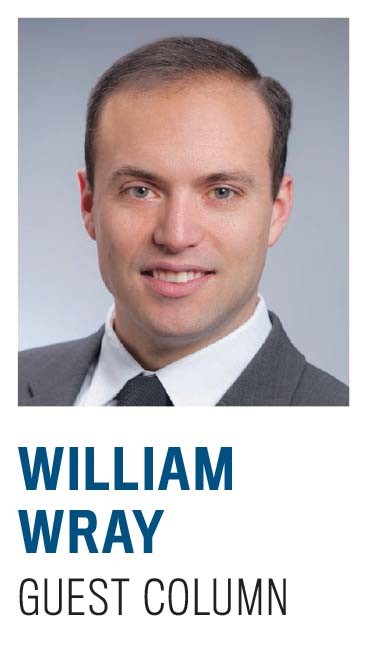Once again, an independent study by the Lincoln Institute has found that Providence’s commercial property tax rates are among the highest in the country (“Report: Providence has third-highest commercial property tax rate in nation,” June 15, 2016). Only Detroit and New York surpass Providence in the study’s rankings of high commercial property tax rates.
The effect that high tax rates have on Providence’s tax base is obvious. And to their credit, former Mayor Angel Taveras and his predecessors recognized this problem and indicated their intent to freeze the commercial tax rate.
This column is not just about the commercial tax rate, however. This column is about the short-term work-around that some within the city use to attract new development despite the high tax rates. The work-around is called a “tax-stabilization agreement.”
Basically, a TSA is a contract between the city and a landowner. The city agrees that the landowner (usually a business) will not pay the city’s actual tax rate for some period of years – generally ranging from 10 to 20 years – and instead the business can pay the city a much smaller, fixed amount each year. In return, the landowner often agrees to hire construction shops with apprenticeship programs (in effect, union labor), and minority and women-owned business enterprises.
A TSA is worth millions of dollars to the building owner. Take the example of The Foundry. According to an internal audit by the city, The Foundry’s “true tax” in 2013 would have been $581,029, but it only paid $30,345 under its TSA. That is just for a single year (the TSA was scheduled to expire at the end of 2015, according to the city).
Imagine you are a business owner deciding where to build and locate in New England – you might simply eliminate Providence from contention due to its high tax rates. But maybe you like the city and do enough research to learn about TSAs. It’s not easy to do so – they are not advertised on the city’s website, and no clear public process exists to acquire them.
As is too often the case in Rhode Island, you simply have to know a guy. If you don’t, you might be spending 20 times more on your real estate taxes than your competitors.
Is that the message Providence wants to send?
TSAs also attract a limited subset of businesses: If your business is small, you might not be able to handle the expense, uncertainty and delay of negotiating a TSA with someone in city government. If your business is large, then your time horizon is longer and Providence’s high tax rates count against it. Low taxes attract businesses of all sorts. High-taxes-with-TSAs attract whatever businesses deal well with city government.
The city government itself has recognized the drawbacks of these agreements. It acknowledged in an internal audit that it has not done a good job ensuring that businesses abide by the conditions in the TSA, and that it is difficult to even find these agreements. And the city can’t deny that when it hands out TSAs, the rest of us end up paying more taxes. Mayor Jorge O. Elorza deserves credit for proposing, in his April budget address, a more standardized process for TSAs that will hopefully be more accessible to the public and less susceptible to politics.
Yet I doubt we will see the city voluntarily putting an end to these agreements. They are a win-win for the politicians who dole them out: Unions and special-interest groups love TSAs. The public loves to hear about new development, and generally speaking, the public doesn’t know enough about TSAs to understand that they keep taxes high and represent, at best, inorganic growth.
Providence should aim for organic growth – the kind of growth that comes from people choosing to come here because it is easy, cheap and enjoyable to do business here. TSAs simply send the wrong message about the future of our city. •
William Wray is an associate attorney with Duffy & Sweeney Ltd. in Providence.












